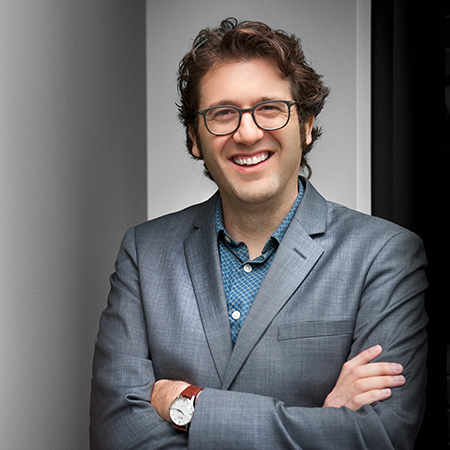Dr. Jason Rowe, Chair of the Physics & Astronomy Department, is one of the leading physics professors in Canada. His research focuses on exoplanets and the search for extra-terrestrial life as part of the long-standing desire to answer the broad question: “Are we alone in the universe?”
He has led the discovery of Earth-sized planets in the habitable zone of main-sequence stars, and his continued work as a member of the Kepler Science Office led to the bulk validation of 812 extrasolar planets. As the Canada Research Chair in Extrasolar Planet Astrophysics, his current goals are to determine what properties make a planet ‘Earth-like’ and whether there is life beyond Earth. He hires Bishop’s students using the grants that come from being a Canada Research Chair.
His work won’t determine the existence of extra-terrestrial life overnight, however. His research is part of the long-term plan to get there – learning to characterize extrasolar planets, getting their “fundamental observables”, and comparing them back to Earth. The Webb telescope is one such contribution to this goal – as it is able to observe more clearly a planet’s radius, size, and atmosphere.
“Now, we can detect the presence of compounds like methane, carbon dioxide, and water. We’re building a sample of observations to learn what planets appear to be earth like, and what type of planets commonly form? NIRISS allows us to learn what the chemistry is like in these planet’s atmospheres.”
Dr. Jason Rowe
Dr. Rowe was part of the team that created the Near-Infrared Imager and Slitless Spectrograph (NIRISS), a uniquely Canadian invention making the observations possible, as part of the Webb Space Telescope’s tools for investigating the cosmos. This has guaranteed Canada five per cent of observation time of the telescope’s images in what is a competitive process between astronomers from around the world. Researchers at Bishop’s, including postdoctorals, graduate students, and even undergraduate students will have the opportunity to make scientific observations based on observation data from the Webb before anyone else.
Dr. Rowe’s team has discovered over 4,000 exoplanets through the department’s Exoplanet Research group. Exoplanet Group research focuses on the properties, statistics, and occurrence of extrasolar planets, habitability, and SETI (search for extraterrestrial intelligence). The group has team membership in the Kepler, BRITE Constellation, and the Webb Space Telescope missions.





